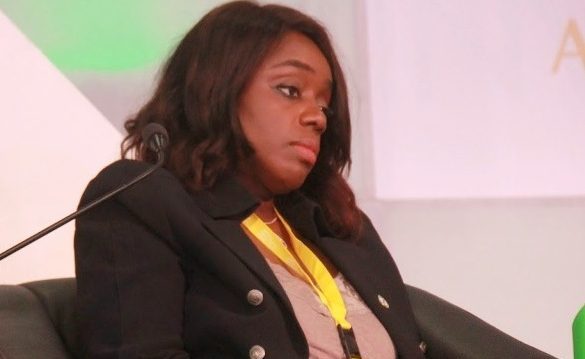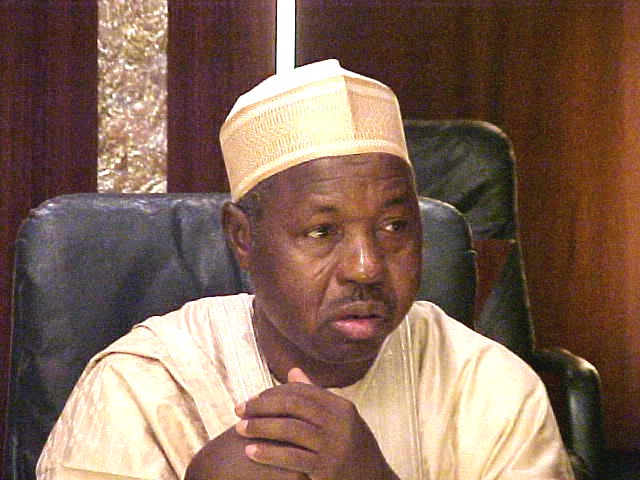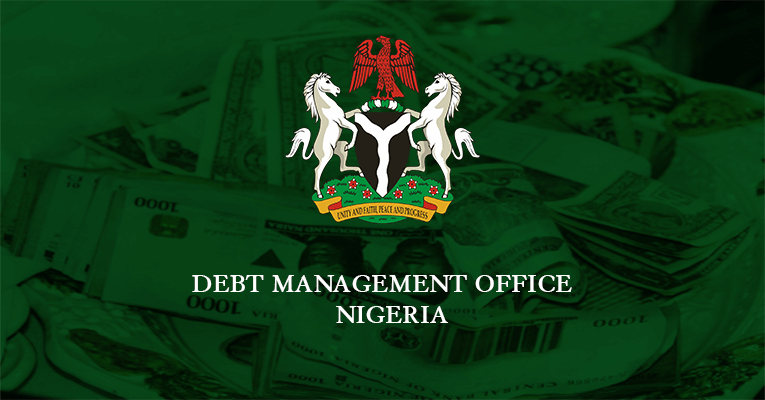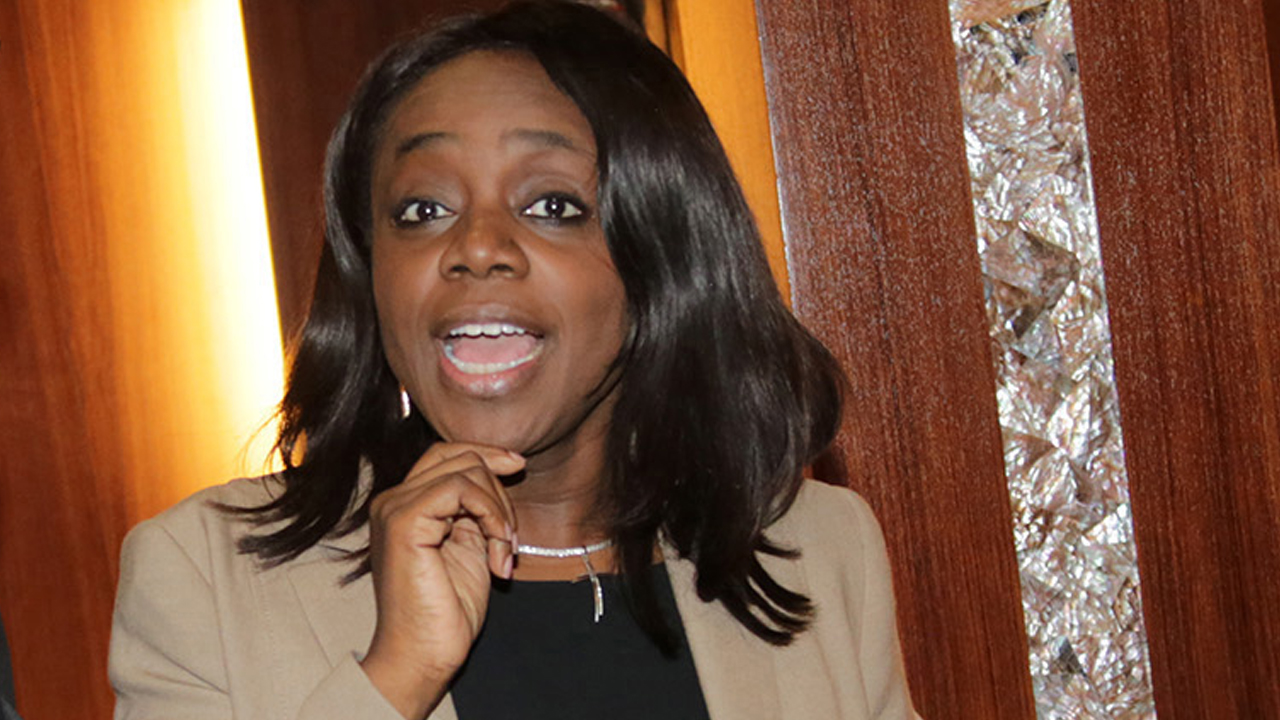A civic technology organization, BudgiT Nigeria has expressed concern over the rising debt (domestic and foreign) profile of the 36 states of the federation.
According to BudiT, the debt profiles which was N3.03 trillion in 2015 increased to N3.89 trillion in 2016.
This was revealed on Thursday in Abuja by the Lead Partner of BudgIT, Oluseun Onigbinde at the launch of the organization’s state of state report
According to him, Lagos state has 24.2 per cent of the total debt stock of state governments with N500.8 billion debt profile in 2015 to N734.7 billion in 2016.
Onigbinde expressed worries over the increasing debt profile of states and their inabilities to generate revenues.
He said the high debt profile had made it difficult for most states to meet their recurrent expenditure obligations.
In his words: “Total debt profile of states in 2015 and 2016 was N3.03tn and N3.89tn respectively. Lagos state’s total debt stock rose from the 2014 level of N500.8bn to N734.7bn in 2016 – accounting for 24.2 per cent of the total debt stock of the state governments.
“Lagos debt is becoming really worrisome for us. Lagos debt is also entering some uncharted territory which needs to be watched carefully.
“Many state governments are confronted by rapidly rising budget deficits as they struggle to pay salaries and meet contractual obligations and overheads due to a dip in oil price from its peak price of about $140 per barrel to about $56 per barrel.”
He urged state governments to expand their internally generated revenue while cutting down on their debt accumulation.
Onigbinde also called on the state governments to cut their “unreasonable” overheads bill while freeing up more spending for social infrastructure.
He said: “Over the last few months, many state governments have been devising policy changes with strong focus on improving internally generated revenue and reining in expenditure.
“State governments need to tremendously embrace a high level of transparency and accountability, develop workable economic plans, take haircuts-especially on overheads-expand their internally generated revenue ( IGR ) base, and cut down on debt accumulation without a concrete repayment plan.
“The states need to look beyond the rhetorics and commit to a reduction in its operating costs, including significantly slashing its unreasonable overheads bill while freeing up more spending for social infrastructure.
“States will need to link future borrowing to sustainable projects, which can pay back the capital cost of its current loans and improve the overall income profile of the state.
“Improve spending is also critical for value-added tax revenue, manufacturing, trade, logic and tourism abound across states but it seems states lack the rigor and foresight to explore them.
Earlier in her remarks, Executive Secretary, Nigeria Investment Promotion Council, Yewande Sadiku, said all states are competing for investment from the Federal Government, forgetting that what the government gets was insufficient for Nigeria’s economic development.
According to her, if state governments consider investing in their states the rate of debt would drop.
She said: “Our work at the federal level will not achieve anything if we don’t work along with the state governments
“It is certain that if states governments work more on investing in their states, the rates of debts will drop.”
She urged Nigerians to invest more in their country instead of going out to invest, noting that Nigeria’s economic potential would be converted to its economic wealth.



